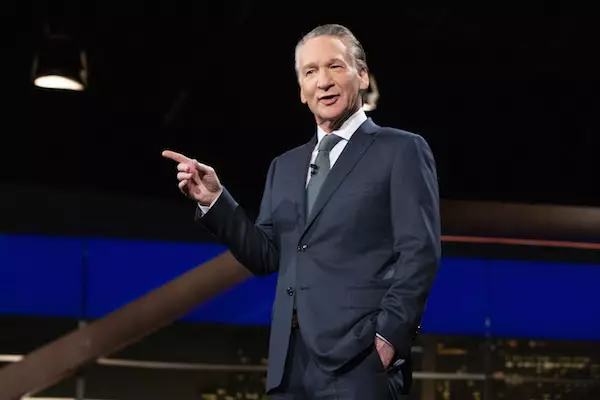Radio host Charlamagne Tha God recently shared his views on the immediate impact of Caitlin Clark in the WNBA during an episode of Bill Maher’s Real Time show. Charlamagne emphasized that Clark stands out in the league, which is predominantly made up of Black women and includes a significant number of gay players, making her a unique spectacle. He compared her influence to that of Tiger Woods in golf or Eminem in hip-hop, suggesting that her difference from the norm is what attracts audiences. Charlamagne pointed out that Clark’s ability to draw crowds to games sets her apart from other white women basketball players who have not been able to achieve the same level of popularity.
Despite recognizing Clark’s appeal, Charlamagne acknowledged the inherent unfairness in the treatment of players like A’ja Wilson of the WNBA Las Vegas Stars. Wilson, a two-time MVP and a top player in the league for several years, has not received the same level of recognition and endorsements as Clark, who secured a major deal with Nike in her rookie year. Charlamagne highlighted Wilson’s frustration and that of other Black women athletes who have not been given the same opportunities for success. He emphasized the importance of listening to the voices of Black women when they speak out against disparities in the sports industry.
When questioned about whether Clark’s success reflects underlying racism due to her being white, Charlamagne argued that her accomplishments are more about being a spectacle and her exceptional skills. He struggled to directly address the racial dynamics at play and instead focused on Clark’s talent and unique appeal to audiences. While acknowledging the role of race in the sports world, Charlamagne’s response seemed to sidestep the deeper implications of systemic inequalities and biases.
Charlamagne’s appearance on the show also touched on his political views and personal experiences. Despite not revealing his choice for the upcoming presidential election, he maintained a critical stance towards Donald Trump. His new book, “Get Honest or Die Lying: Why Small Talk Sucks,” delves into his struggles with depression and the transformative impact of therapy on his life. Charlamagne’s candid discussions about mental health and self-improvement add depth to his public persona and highlight the importance of addressing personal challenges openly.
The episode featured a panel discussion with Ana Navarro and Joel Stein, where they explored pressing topics such as the Hunter Biden and Trump trials, the upcoming election, and immigration issues. Navarro stressed the urgency of creating safe havens for refugees fleeing countries like Nicaragua and Haiti, underscoring the need for compassionate and proactive responses to humanitarian crises. Maher’s editorial segment, “New Rules,” called for a return to traditional values of discipline embodied by the “Trad Dad,” advocating for a more structured and responsible approach to parenting in today’s society.
Charlamagne’s insights on Caitlin Clark’s impact in the WNBA shed light on complex issues of race, representation, and recognition in sports. His reflections on personal growth and mental health further contribute to a broader conversation about societal norms and individual well-being. As discussions on political tensions and social challenges continue to evolve, voices like Charlamagne’s play a crucial role in fostering dialogue and understanding in a rapidly changing world.


Leave a Reply